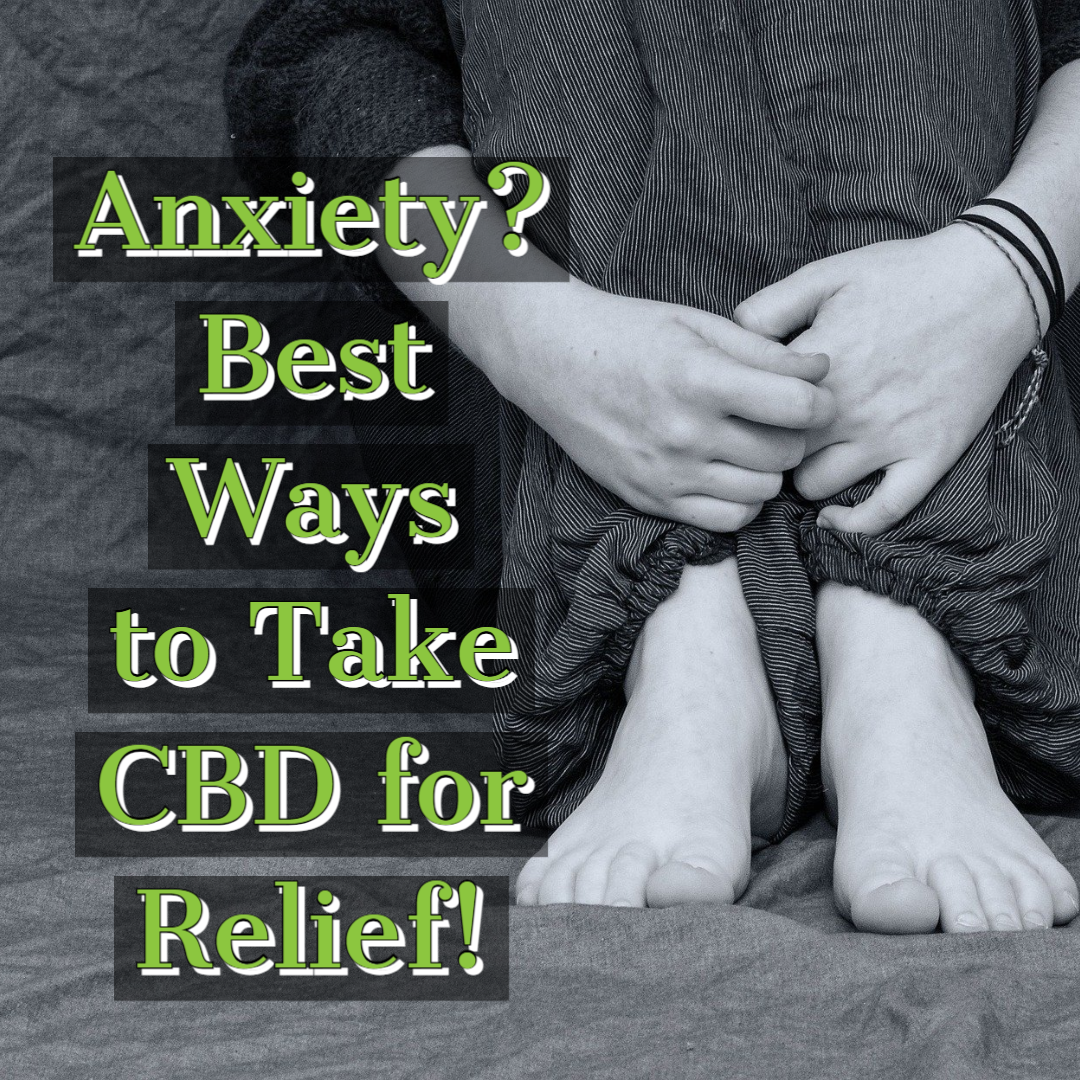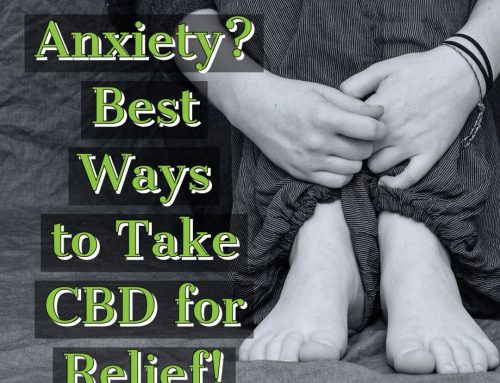There are more than 3 million cases of acid reflux each year in the US. Acid reflux is a digestive disease in which stomach acid or bile irritates the food pipe lining. This is a chronic disease that occurs when stomach acid or bile flows into the food pipe and irritates the lining.
Symptoms include burning pain in the chest that usually occurs after eating and worsens when lying down. Relief from lifestyle changes and over-the-counter medications is usually temporary. Stronger medication may be needed. Acid reflux is caused by the acid content of the stomach flowing up into the esophagus, into the gullet, which moves food down from the mouth.
Acid reflux and heartburn more than twice a week may indicate GERD. GERD affects people of all ages usually due to lifestyle factors, but some cases may not always be prevented. Risk factors that can be easily controlled include obesity, smoking (active or passive), low levels of physical exercise, medications, including drugs for asthma, calcium-channel blockers, antihistamines, painkillers, sedatives, and antidepressants.
Food and dietary habits that have been linked to acid reflux include caffeine, alcohol, a high intake of table salt, a diet low in dietary fiber, eating large meals, lying down within 2 to 3 hours of eating a meal, consuming chocolate, carbonated drinks, and acidic juices.
Symptoms of GERD are dry, persistent cough, wheezing, asthma and recurrent pneumonia, nausea, vomiting, throat problems, such as soreness, hoarseness, or laryngitis (voice box inflammation), difficulty or pain when swallowing, chest or upper abdominal pain, dental erosion, bad breath.
Treatments for acid reflux in GERD are PPIs, including omeprazole, rabeprazole, and esomeprazole, H2 blockers, including cimetidine and famotidine, over-the-counter treatments, such as antacids, which are available to buy online, Alginate drugs, including Gaviscon.
Cannabidiol (CBD) is a non-psychoactive compound derived from the hemp plant known for its potential therapeutic effects. When the CBD reacts with the endocannabinoid system, it reduces the secretion of acids that would otherwise cause actual burn when dealing with the symptoms of GERD.
When certain cannabinoid receptors are activated, they produce pain-relieving effects, including in the gastrointestinal tract. CBD interacts with the soft muscle tissues of the gastrointestinal system. It soothes and calms the peristalsis that moves waste and food.
Use our AHS 750mg tincture sublingually as opposed to smoking, which can lead to further irritation. Always consult your primary care physician before starting a new treatment.
Our team of specialists are always available to provide you with education and assist you with any questions regarding CBD.






Leave A Comment
You must be logged in to post a comment.